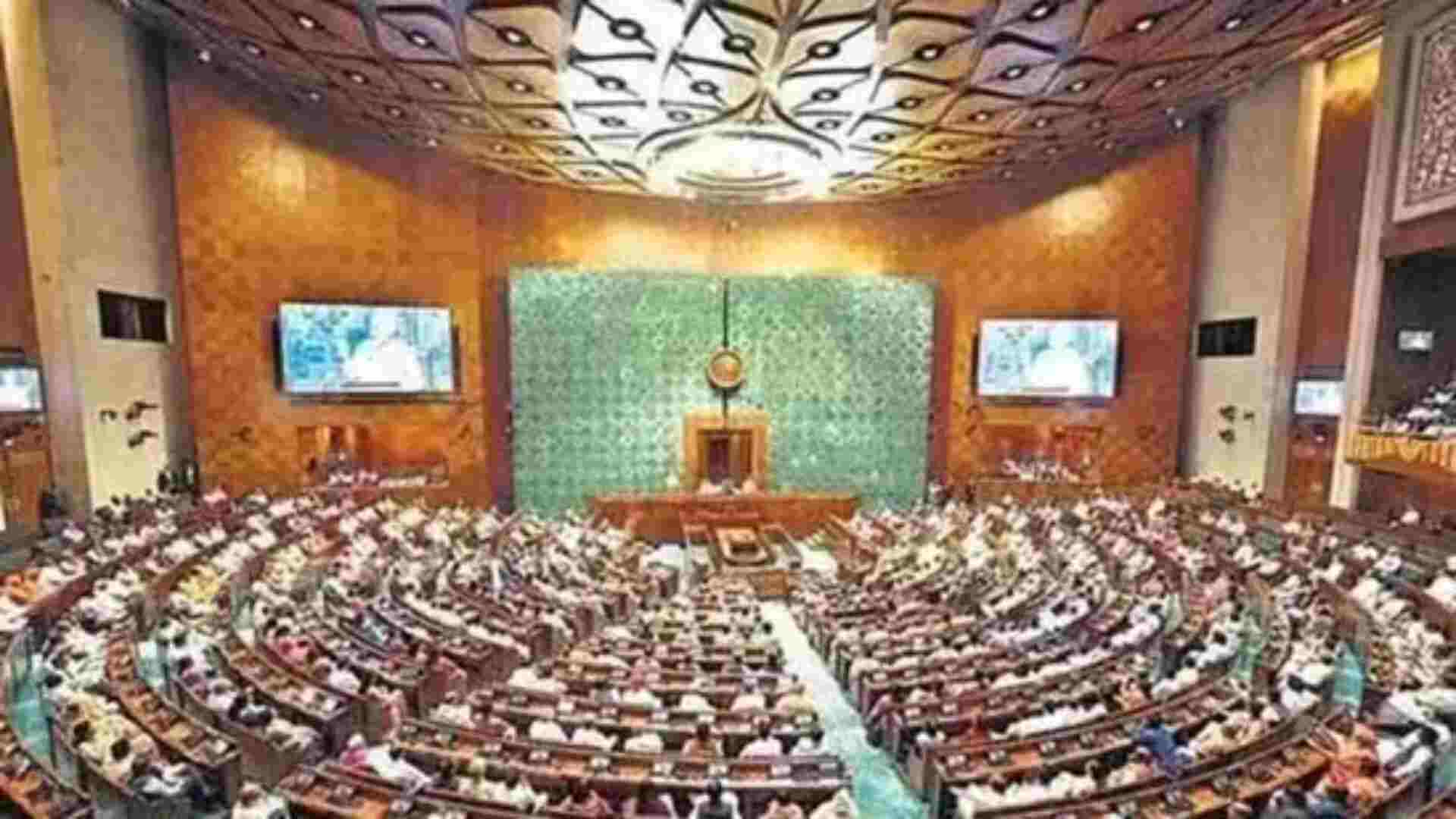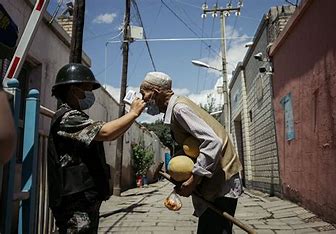Chinese leader Xi Jinping’s plan to send an envoy to Ukraine allows his government to deflect criticism of its support for Moscow and pursue a bigger role as a diplomatic force, but Xi faces daunting obstacles if he is serious about trying to help end the 14-month-old war.
The biggest: Neither Ukraine nor Russia is ready to stop fighting.
Xi’s announcement on Wednesday in a phone call with Ukrainian President Volodymyr Zelenskyy prompted optimism Beijing might use its warm relations with Russia’s Vladimir Putin to push for peace.That was followed by skeptical questions about whether Beijing is more focused on ending an invasion it refuses to criticize, or serving its own interests.China’s starting point is a peace proposal issued in February that called for a ceasefire, negotiations and an end to sanctions against Russia.
It offered few details, but repeated Russian accusations that Western governments were to blame for the invasion.China has good reasons to want to see the war ended.It jolted the Chinese economy by pushing up oil, wheat and other commodity prices.Beijing also warned on Wednesday about the dangers of nuclear war, after Russia announced earlier it would move atomic weapons into neighbouring Belarus.
“China’s self-interest happens to align with ending the war,” said John Delury, an international relations specialist at Yonsei University in Seoul.
“Beijing has no interest in seeing Russia humiliated, nor is it in China’s interest for Russia to be triumphant,” Delury said.
“The best option is a cease-fire and, with it, economic opportunities to participate in Ukraine’s post-war reconstruction.”
By playing peacemaker, Beijing might also be looking to separate European allies from the United States, which Xi accuses of trying to block China’s economic and political rise.Beijing is trying to repair relations with Europe after an uproar over a Chinese ambassador’s comment that former Soviet republics might not be sovereign countries.
Xi’s call with Zelenskyy might sustain European hopes that China can be persuaded to “wield its influence to help end the war” but is “unlikely to change the Western assessment of Beijing’s stance as one of pro-Russian neutrality,’” said Eurasia Group analysts in a report.The announcement gives Beijing a chance to show it doesn’t alway agree with Moscow, though the differences might be too subtle for Western critics.
They complain China helps Putin resist Western sanctions by purchasing Russian oil and gas and provides political support.
Xi’s government sees the Kremlin as a partner in opposing US domination of global affairs. China has used its status as one of five permanent UN Security Council members to block efforts to censure Russia.
Xi and Putin said in a joint statement before the February 2022 invasion their governments had a “no limits friendship.” Their navies held joint exercises with Iran in March.Despite that, the Chinese government says they have a “non-alliance” relationship. Beijing has promised not to supply armaments to either side in the Ukraine war.
A Chinese statement Wednesday also cited “mutual respect for sovereignty and territorial integrity” as a foundation of relations with Ukraine.
While Russia is trying to move borders by annexing portions of Ukraine, Beijing is intensely sensitive about respecting territorial sovereignty. It says borders must be respected and no country has a right to meddle in another’s affairs.















